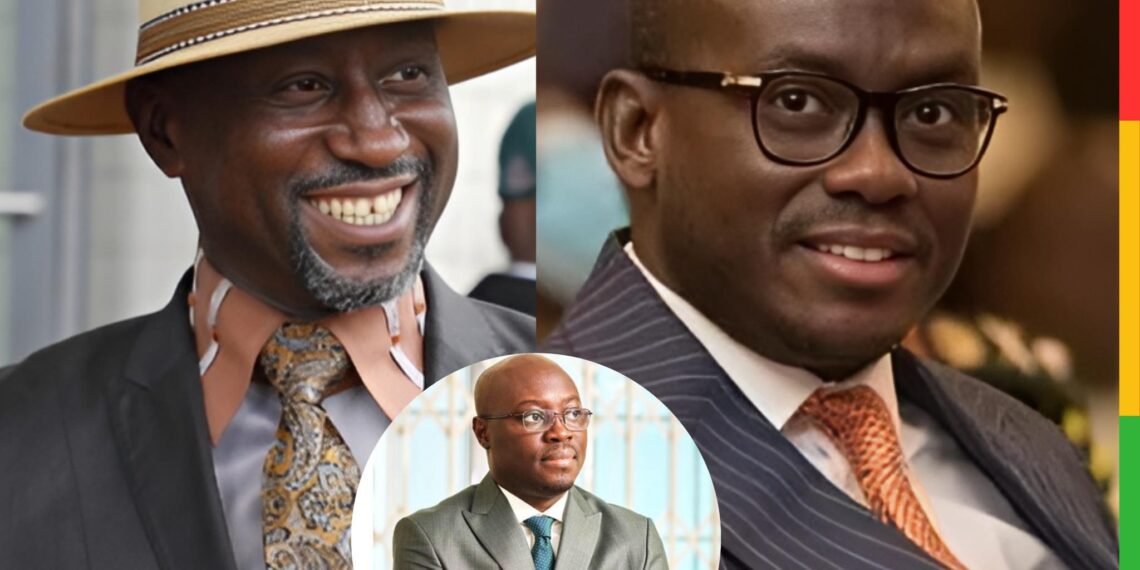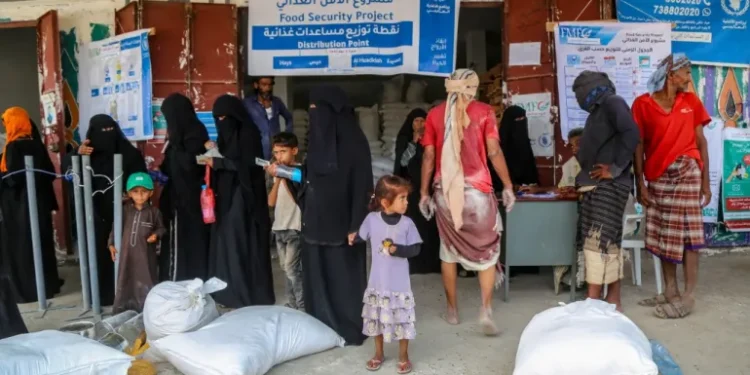Ghana’s justice system faces a major credibility test following a petition by Richard Jakpa, a key figure in the controversial ambulance procurement trial, calling for a criminal investigation into former Attorney General Godfred Yeboah Dame.
Political commentator and IMANI Africa associate volunteer Kay Codjoe has warned that the stakes are high, stressing that if the allegations against Dame are proven, the implications could be devastating for the entire judicial process.
Codjoe cautioned that the consequences would be far-reaching, as every case Dame handled as Attorney General would face intense scrutiny.
This could lead accused individuals to doubt whether the evidence presented against them was authentic or tampered with, ultimately deepening public mistrust in a justice system already battling widespread perceptions of political influence.
“For ordinary citizens, the issue is not abstract. Imagine being accused of a crime and facing a prosecutor who feels free to pressure witnesses or adjust evidence. Even if you were innocent, your confidence in getting a fair trial would collapse.
“That is why Jakpa’s petition is not just about him or Forson. It is about whether Ghanaians can still believe that justice is impartial.”
Kay Codjoe
Codjoe emphasized that the Criminal Investigations Department (CID) has a duty to investigate the allegations thoroughly and transparently.
He stated that if no wrongdoing is found, the reasons must be made public to restore confidence. However, if wrongdoing is uncovered, the law must take its course, regardless of political affiliations or high office.
He added that the General Legal Council (GLC) also has a significant role to play. In his view, the body has historically been reluctant to pursue complaints against high-profile lawyers, creating a perception of selective justice.
“The popular saying that ‘the law is no respecter of persons’ is now being tested. If the CID, the courts, or the General Legal Council shy away, it will confirm the view that the law bends to political power. But if they follow the evidence and act without fear or favour, it will strengthen public confidence that justice in Ghana is not for sale.”
Kay Codjoe
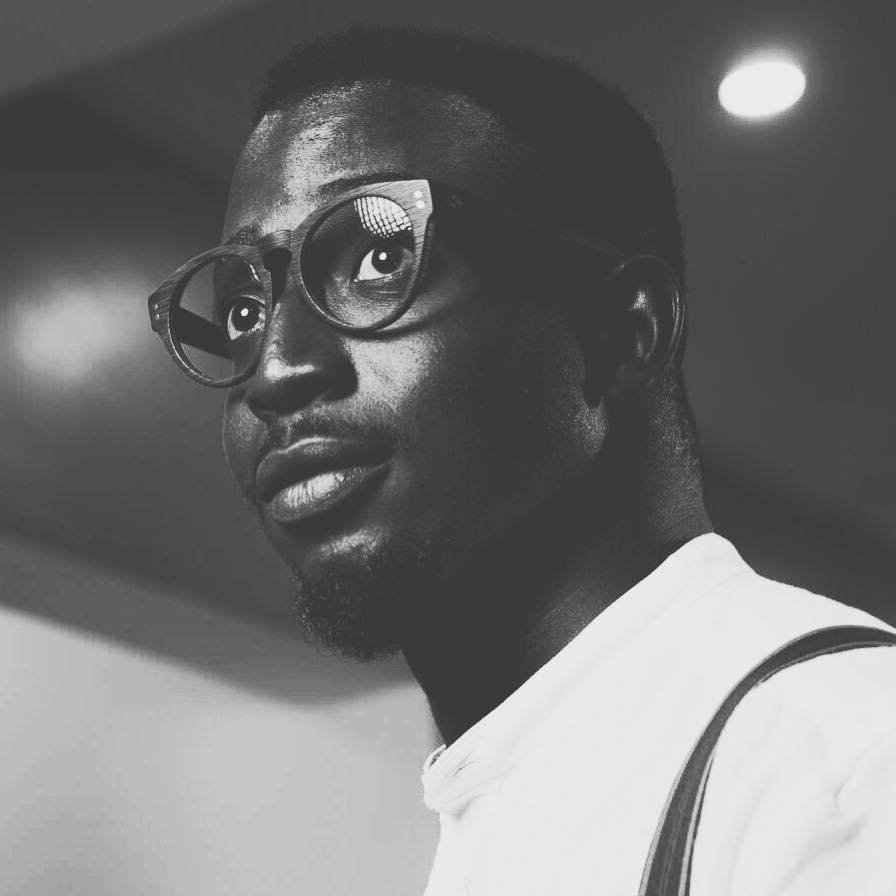
Codjoe characterized the situation as a pivotal test for Ghana’s democratic institutions, stressing that the Dame–Jakpa affair goes beyond a simple scandal.
He noted that it highlights how easily prosecutions can become politicized and how swiftly public trust can erode.
He emphasized that the way this case is handled will determine whether the justice system is seen as serving the interests of the people or those in power.
A Politically Charged Trial Amid the Quest For Justice
The controversy stems from a longstanding trial involving the procurement of 200 ambulances, a deal that allegedly cost Ghana over €2.3 million.
Jakpa, initially the third accused in the case, claims that Dame attempted to fabricate evidence to implicate former Finance Minister and current Minority Leader Cassiel Ato Forson.
The case has been politically sensitive since its inception, with the opposition National Democratic Congress (NDC) framing it as a politically motivated attempt by the then-ruling New Patriotic Party (NPP) government to discredit Forson.

Tensions escalated when audio recordings and WhatsApp messages between Dame and Jakpa were leaked, appearing to show Dame trying to persuade Jakpa to testify against Forson.
Although the High Court admitted the evidence, it declined to halt the trial. However, Justice Afia Serwaa Asare Botwe, who is presiding over the case, openly cautioned Dame to consider recusing himself, citing concerns over the credibility of the prosecution and the integrity of the court.
Potential Legal and Professional Consequences
Kay Codjoe further highlighted that Ghana’s Criminal Offences Act makes it a felony to fabricate evidence with the intent to mislead a court, a crime equivalent to perjury.
He pointed out that it is also illegal to prevent a witness from providing truthful testimony.
“In addition, the Legal Profession Act gives the General Legal Council authority to discipline lawyers who act improperly. If Jakpa’s petition is sustained, Dame could face not only criminal investigation but also professional sanctions.”
Kay Codjoe
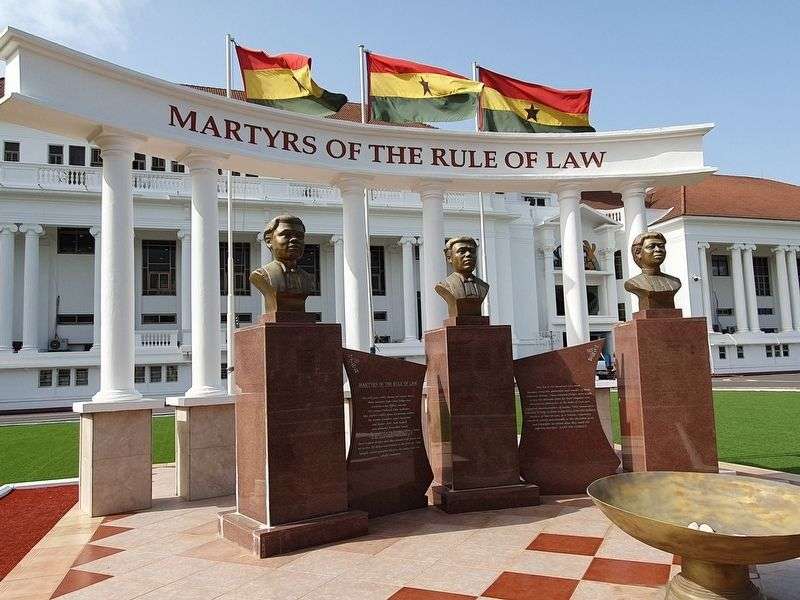
This case has reignited public debate over the politicization of prosecutions. Kofi Bentil, Vice President of IMANI Africa, has frequently warned that prosecutions in Ghana can be used as political weapons.
He argues that even when lawful processes are followed, political pressures often influence outcomes.
However, Codjoe challenged Bentil’s consistency, pointing out that if this reasoning applies to the current criticisms of the prosecution, it must also apply to Dame’s alleged actions.
“Was that not also vengeance? To point out political motivation today but remain silent on Dame’s alleged conduct earlier creates inconsistency. Kofi Bentil must come again, because credibility depends on applying the same standard to all sides.”
Kay Codjoe
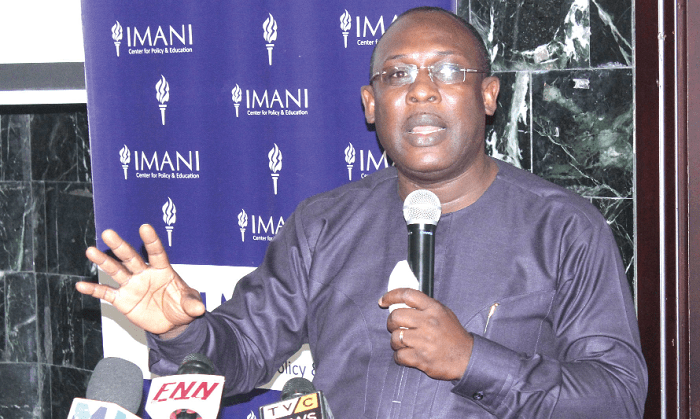
Meanwhile, the unfolding scandal has placed Ghana’s justice system under unprecedented scrutiny. Codjoe warned that failure to address the matter decisively would confirm public suspicions that the law only protects the powerful.
Conversely, a transparent and impartial investigation could strengthen the nation’s democratic foundations.
As the CID considers Jakpa’s petition and the GLC weighs its potential role, all eyes are on Ghana’s legal institutions.
What they do next will determine whether justice remains a guiding principle or becomes another casualty of political power struggles.
READ ALSO: Cedi Poised for Stability As BoG Pumps $243m into Forex Market

